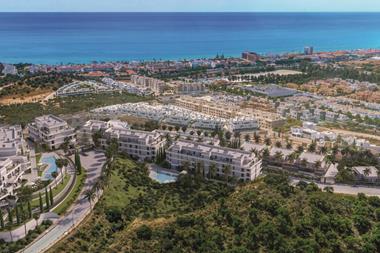UNITED STATES – Los Angeles County Employees Retirement Association (LACERA) plans to provide $350m (€267m) in new investment capital to some of its separate account managers, spread across different strategies.
The pension fund will direct $150m to new core investments and $100m each to value-add and opportunistic strategies. The mandates are managed by Invesco Real Estate, TA Associates Realty and Deutsche Asset & Wealth Management.
The existing $600m allocated to these accounts has nearly all been deployed. LACERA's real estate exposure also saw a $315m net reduction, partly because it sold nine assets for approximately $258m and it also generated loan proceeds by placing debt financing on its existing core portfolio.
In a board-meeting document, John McClelland, principal investment officer for real estate at LACERA, stated that additional capital need to be allocated if the separate-account managers were to remain active.
The pension fund's real estate portfolio stood at $3.8bn, or 9.1% of total plan assets, at the end of February, below its 10% target.
According to documents, Micolyn Magee, principal at The Townsend Group, LACERA's real estate consultant, said there were three reasons to support further capital being allocated.
These included the need to add core assets to the portfolio in order to maintain at least a 60% exposure to stable, income-producing properties over the long term.
Dispositions within the core programme have realised returns and the ability to purchase additional core assets will encourage manager to weed out weaker core assets, it was added.
The best opportunities in the non-core area of the market often come to the market with limited time for decision-making and so allocating capital now would help support a quick-moving, discretionary approach.
The other three managers in LACERA's real estate separate-account programme are Capri Capital Partners, Cornerstone Real Estate Advisers and Emmes Asset Management Company. According to documents, the companies will not be received additional capital because they have reached a maximum limit or due to performance-related restrictions.
Capri's separate-account mandate received an extra $100m in capital earlier in the year.











